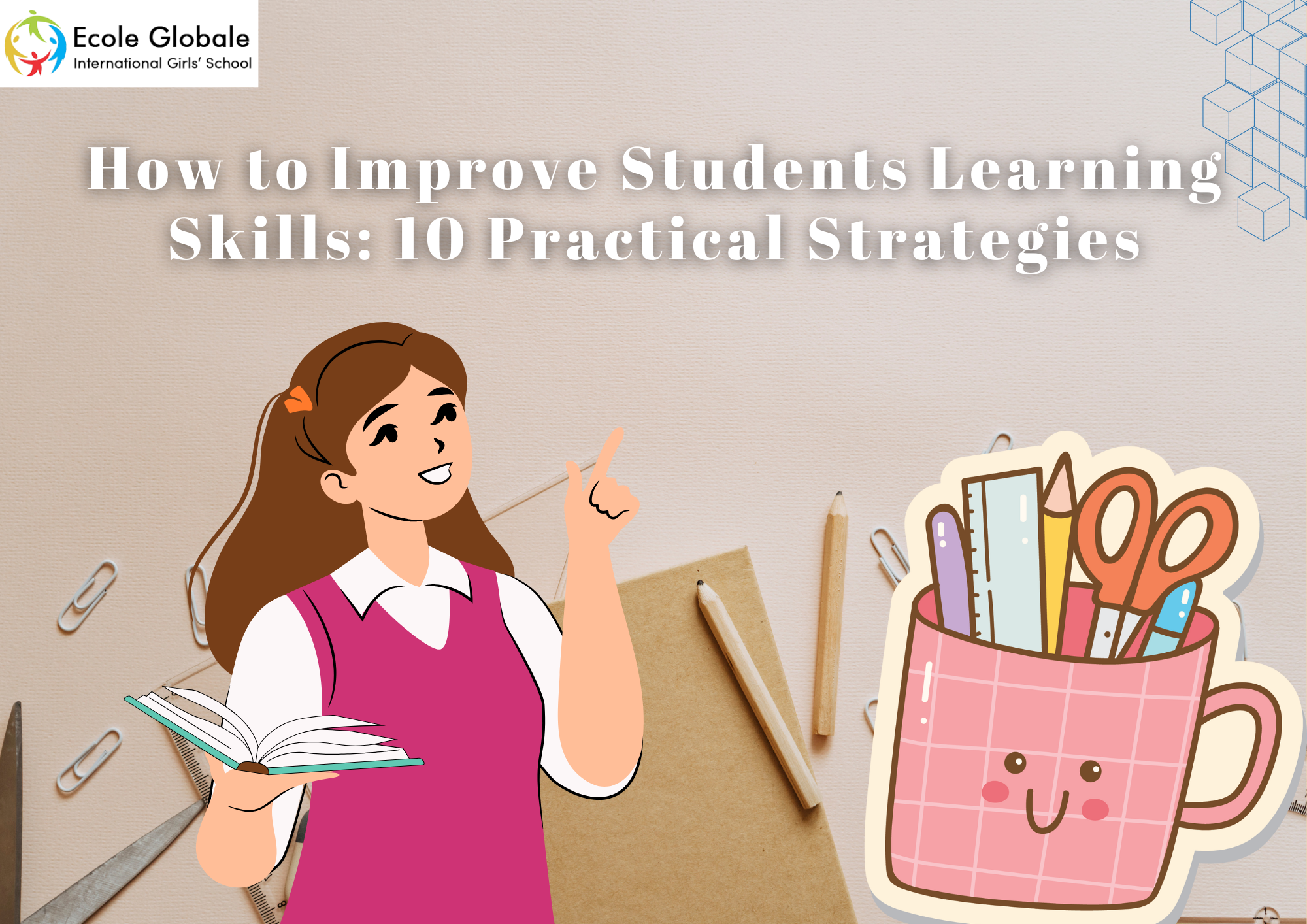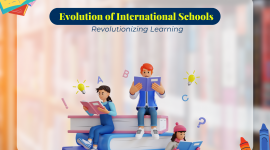In today’s fast-paced and ever-evolving educational landscape, mastering effective students learning skills is crucial for academic success.
These skills go beyond memorizing facts; they involve strategies for critical thinking, organization, and motivation that can significantly improve study habits and overall achievement.
By developing strong students learning skills, learners can better navigate complex information, solve problems, and reach their academic goals.
I. Introduction to Learning Skills and Their Importance
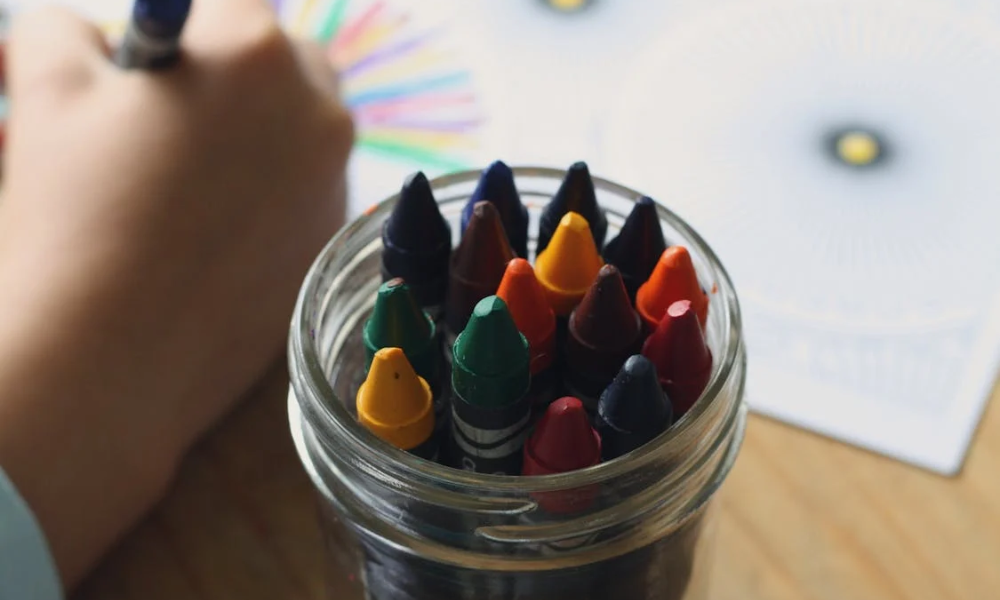
Learning skills refer to the abilities and strategies students use to acquire, retain, and apply knowledge. These skills are essential for academic success, lifelong learning, and personal development.
Students who develop strong learning skills are better equipped to handle complex information, solve problems, and achieve their academic goals.
II. Setting SMART Goals and Creating a Study Plan

The Importance of Goal-Setting
Setting clear, actionable goals is the foundation of any successful learning strategy. SMART goals (Specific, Measurable, Achievable, Relevant, Time-bound) give students a roadmap for success.
For example, instead of saying, “I want to do better in math,” a SMART goal would be, “I will improve my math grade from a B to an A by studying for 30 minutes each day.”
Steps to Create a Study Plan
- Break down goals: Identify what needs to be achieved in each subject or area.
- Create a timeline: Plan study sessions in a weekly or monthly calendar.
- Set daily or weekly objectives: This keeps goals manageable and motivates consistent effort.
- Incorporate breaks: Regular short breaks during study sessions help maintain focus and prevent burnout.
III. Active Learning Techniques

Note-Taking Strategies
Active learning involves engaging with the material rather than passively reading or listening. Note-taking is one of the best strategies to promote active learning. Methods such as the Cornell Method or Mind Mapping help students organize information more effectively.
- Cornell Method: Divide your notes into three sections – notes, cues, and summary. This format encourages reviewing and reflecting on the material.
- Mind Mapping: Visual learners benefit from drawing connections between ideas, creating a “map” of interconnected concepts.
Summarization and Review Techniques
Summarizing material in your own words helps solidify understanding. After reading a textbook chapter, writing a brief summary encourages deeper comprehension and long-term retention. Regularly reviewing these summaries can help students stay prepared for exams.
IV. Critical Thinking and Problem-Solving Strategies
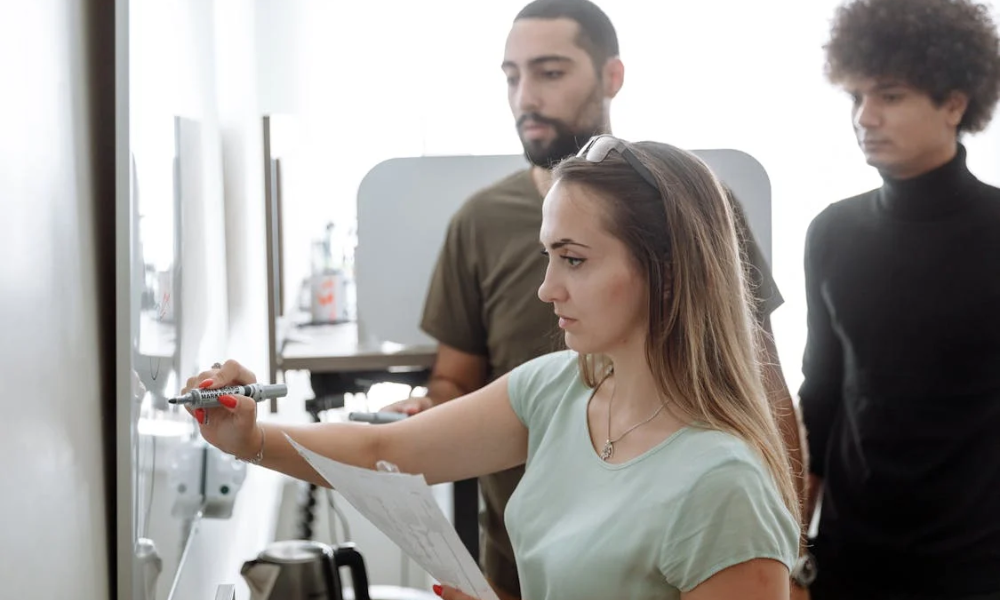
Strategies for Critical Thinking
Developing critical thinking is essential for tackling complex academic challenges. Students should practice questioning assumptions, analyzing arguments, and considering multiple viewpoints. Techniques like Socratic questioning encourage deeper thinking:
- What evidence supports this?
- Are there alternative perspectives?
- What are the consequences of this decision?
Real-World Applications
Critical thinking can be applied to real-world problems, such as analyzing case studies in science or evaluating sources in history.
By applying learned knowledge to practical situations, students improve their ability to think critically and solve problems creatively.
V. Effective Time Management and Organization
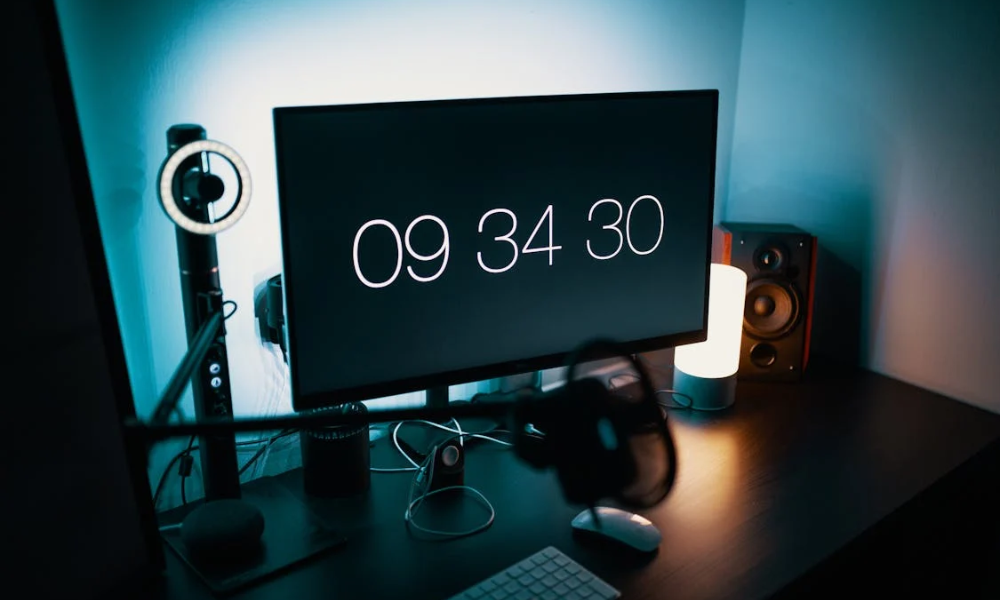
Prioritization Techniques
Time management is key to academic success. Students should learn to prioritize their tasks based on deadlines and importance.
The Eisenhower Matrix, which divides tasks into urgent/non-urgent and important/unimportant categories, helps students focus on what truly matters.
Time-Blocking and Scheduling
Time-blocking involves dividing your day into sections dedicated to specific activities. For example, a student might allocate time for studying, exercise, and social activities.
This helps prevent last-minute cramming and reduces stress. Using digital calendars or planners can keep students organized and on track.
VI. Utilizing Educational Technology
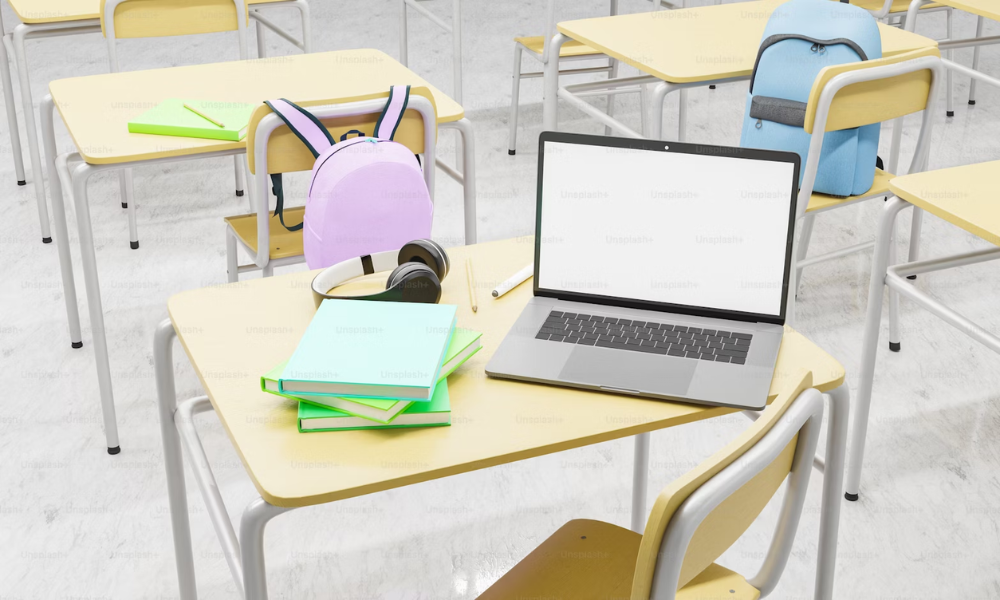
Digital Tools for Learning
The rise of educational technology has provided students with a range of tools to improve learning. Platforms like Khan Academy or Coursera offer free online courses, while Quizlet helps students review material with flashcards and quizzes.
Apps for Organization and Focus
Apps like Trello and Notion allow students to organize tasks and set reminders for assignments. Focus Booster and Forest apps help manage time by encouraging focused work sessions through the Pomodoro Technique, where students work for 25 minutes followed by a short break.
VII. Developing Good Study Habits

Creating a Conducive Study Environment
A student’s environment plays a crucial role in their ability to focus. Having a quiet, well-lit space free from distractions is essential.
Keep the study area organized with minimal clutter, and have necessary materials easily accessible.
Establishing a Study Routine
Consistency is key when it comes to building good study habits. Establishing a regular study routine – same time, same place – conditions the brain to associate the environment with productivity.
Students should aim to study at times when they feel most alert, whether in the morning or evening.
VIII. Overcoming Learning Obstacles
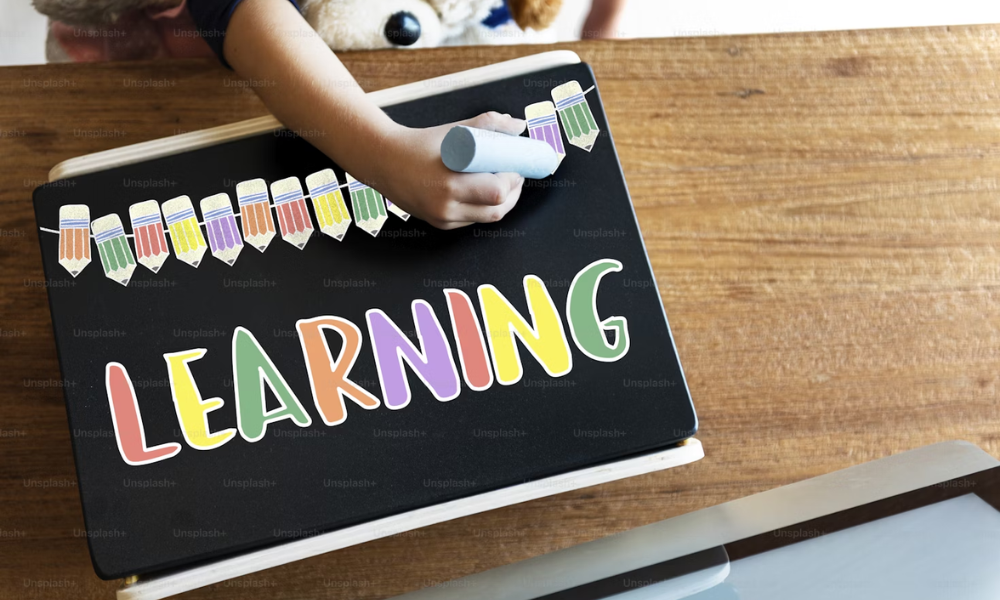
Strategies for Overcoming Procrastination
Procrastination can derail even the best-laid study plans. To overcome it, students should break tasks into smaller, more manageable chunks.
The 5-Minute Rule encourages students to start tasks by committing just five minutes, which often leads to longer focus sessions.
Managing Distractions
Digital distractions can significantly affect study time. Using apps like Freedom to block distracting websites or implementing the Pomodoro Technique to work in intervals helps students stay focused.
Creating a to-do list and working in a distraction-free zone also reduces interruptions.
IX. Seeking Feedback and Self-Assessment

Importance of Feedback
Constructive feedback is essential for growth. Students should seek regular feedback from teachers and peers to identify areas of improvement.
Teachers can provide insight into academic performance and guide students toward better study strategies.
Self-Assessment Techniques
Self-assessment encourages students to reflect on their progress. Using a learning journal to track completed tasks, understanding strengths, and identifying areas of struggle help students evaluate their growth over time. Periodic self-assessments also foster independent learning.
X. Maintaining Motivation and Engagement

Strategies for Staying Motivated
Staying motivated can be challenging during tough academic periods. One strategy is to break goals into smaller, achievable milestones. Rewarding oneself after completing a task (e.g., a short break or treat) reinforces positive behavior and builds momentum.
Building Resilience
Academic setbacks are inevitable, but resilience helps students bounce back. Encouraging a growth mindset, where challenges are seen as opportunities to learn rather than failures, fosters long-term success and perseverance.
Conclusion : Students Learning Skills
Improving learning skills is a gradual process that requires dedication and consistency. By implementing strategies like SMART goal-setting, active learning techniques, and effective time management, students can enhance their study habits and achieve academic success.
It’s important to remember that learning is a journey, and these practical strategies will support students along the way to becoming confident, self-directed learners.
Frequently asked question
Q1. What are essential student learning skills?
Ans: Essential student learning skills include time management, active reading, note-taking, and effective use of technology to enhance study efficiency.
Q2. How can students improve their study skills?
Ans: Students can improve study skills by mastering time management, using active reading strategies, and adopting note-taking methods like the Cornell Note-Taking System.
Q3. What are advanced learning techniques for students?
Ans: Advanced learning techniques include mnemonic devices for memorization, and visual aids like mind maps and infographics to enhance understanding.
Q4. How does technology enhance student learning skills?
Ans: Technology enhances student learning skills through educational apps like Quizlet, and collaboration tools such as Google Docs and Microsoft Teams.
Q5. Why are social skills important for students?
Ans: Social skills improve communication, teamwork, and emotional intelligence, which are vital for academic and personal success.






